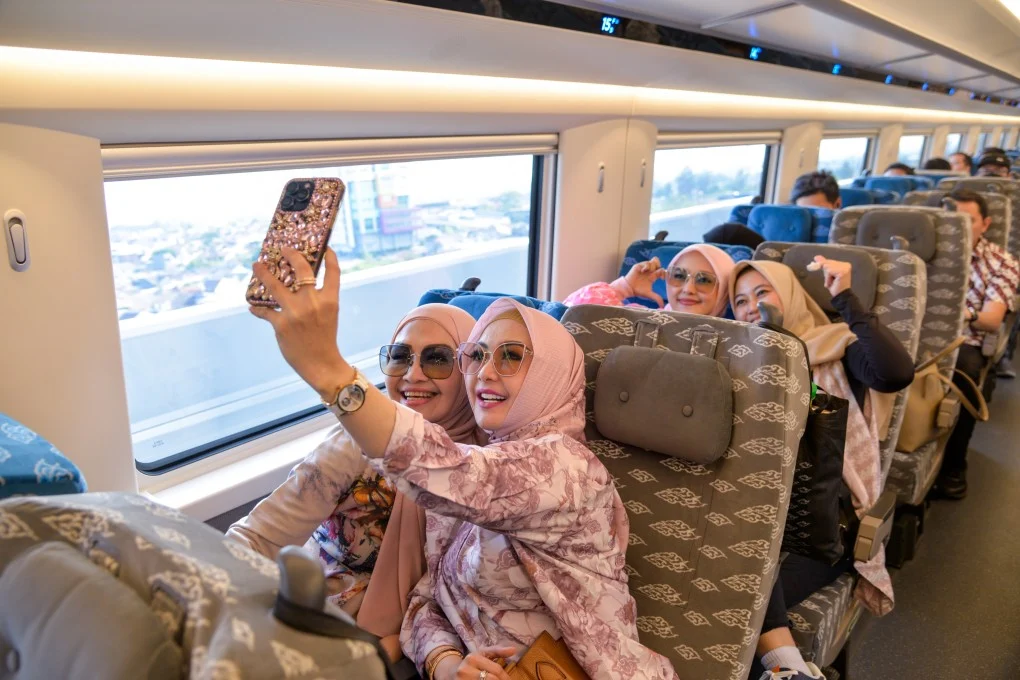Why Fewer Singaporeans Are Traveling to the U.S. in 2025 Compared to Other Southeast Asians
Why Fewer Singaporeans Are Traveling to the U.S. in 2025 Compared to Other Southeast Asians
By
Junia Wells
Last updated:
August 6, 2025
First Published:
August 6, 2025

Post: South China Morning Post
Singaporeans Are Pulling Back from U.S. Travel: Survey Shows Deepening Safety Concerns
Singaporeans are expressing the strongest aversion to visiting the United States compared to travelers from five other Southeast Asian countries, according to a recent survey of 6,000 travelers conducted by Milieu Insight for CNBC Travel.
While 44% of Southeast Asian respondents overall said their interest in visiting the U.S. has grown this year, only 7% of Singaporeans agreed — and a striking 55% said their interest had decreased.
These numbers indicate a growing divergence in travel sentiment, largely fueled by personal safety concerns, political climate, and perceived discrimination.
Key Drivers Behind Singaporeans’ Reluctance
The survey, conducted between May 22 and June 10, reveals Singaporeans’ increased unease about traveling to the United States compared to respondents from Indonesia, Vietnam, Thailand, Malaysia, and the Philippines. Here's where Singaporeans showed significantly higher levels of concern:
- Personal safety risks in the U.S.: +13 percentage points
- Fear of discrimination or poor treatment: +17 percentage points
- Negative perceptions of U.S. political actions (particularly Trump administration): +18 percentage points
- Gun violence in public spaces: +20 percentage points
- Anxiety about U.S. border detentions: +13 percentage points
These fears are compounded by the low crime rate in Singapore, which ranks consistently as one of the safest countries globally. As a result, Singaporeans have heightened expectations around safety and public order, said Zilmiyah Kamble, senior lecturer in hospitality and tourism management at James Cook University.
Firsthand Views: “Why take the chance?”
Kimberly Kwok, a Singaporean, said her lack of interest in the U.S. is driven by fear for her safety:
“You see a lot of articles on the news about hate crimes against Asians — and also the firearms. I haven’t been particularly interested in going to the U.S.”
Cayla Tham, a university student, echoed similar concerns:
“It’s more about how firearms are allowed. I feel like regulations aren’t really enforced.”
Singaporeans are far less familiar with civilian gun ownership, which remains illegal in their home country. News coverage of mass shootings and racially motivated crimes in the U.S. has amplified these fears.
Visas Aren’t the Issue — Immigration Anxiety Is
Despite holding the world’s strongest passport in early 2025, according to the Henley Passport Index, Singaporeans still feel uneasy about passing through U.S. immigration.
Only 60% of Singaporean respondents said they believed the entry process would go smoothly — far lower than the 78% confidence level among other Southeast Asians.
Tiffany Ng, a respondent, expressed her concerns:
“When I go to immigration, I’d be worried whether I’ll be detained just because I’m [ethnically] Chinese.”
Rahul Jain, another Singaporean traveler, recalled being subjected to excessive scrutiny during his last trip:
“The violence, the crime, the poverty... I’m sure the situation isn’t as bad as the media says. But still, why take the chance?”
News Consumption Habits May Shape Perceptions
Singaporeans also stand apart in their media consumption habits. They are the only group in the region that continues to rely primarily on local and international news outlets rather than social media for updates — a stark contrast to countries like Thailand, where 80% of respondents rely on social platforms as their main source of information.
This likely contributes to more rigid or reinforced concerns about U.S. safety and policy, especially when traditional media coverage tends to spotlight mass shootings, political unrest, and racial tensions.
A Shrinking Window for U.S. Tourism
While travelers from other parts of Southeast Asia remain relatively open to visiting the U.S., Singaporeans are growing increasingly wary. For tourism boards and policymakers aiming to attract high-spending Singaporean tourists, these findings underscore the urgent need to restore perceptions of safety, fairness, and stability.
The U.S. may need more than sunny campaigns to win back the confidence of one of Asia’s most cautious — and influential — traveler segments.
Popular articles
Subscribe to unlock premium content
Global Cultures and the Hidden Drivers of Productivity and Happiness

The Future of Personalized Medicine

Digital Nomads and the New Global Economy

Global Cultures and the Hidden Drivers of Productivity and Happiness

The Future of Personalized Medicine

Global Cultures and the Hidden Drivers of Productivity and Happiness









